CURRENCY
BUSINESS OPPORTUNITIES IN iran
IRAN
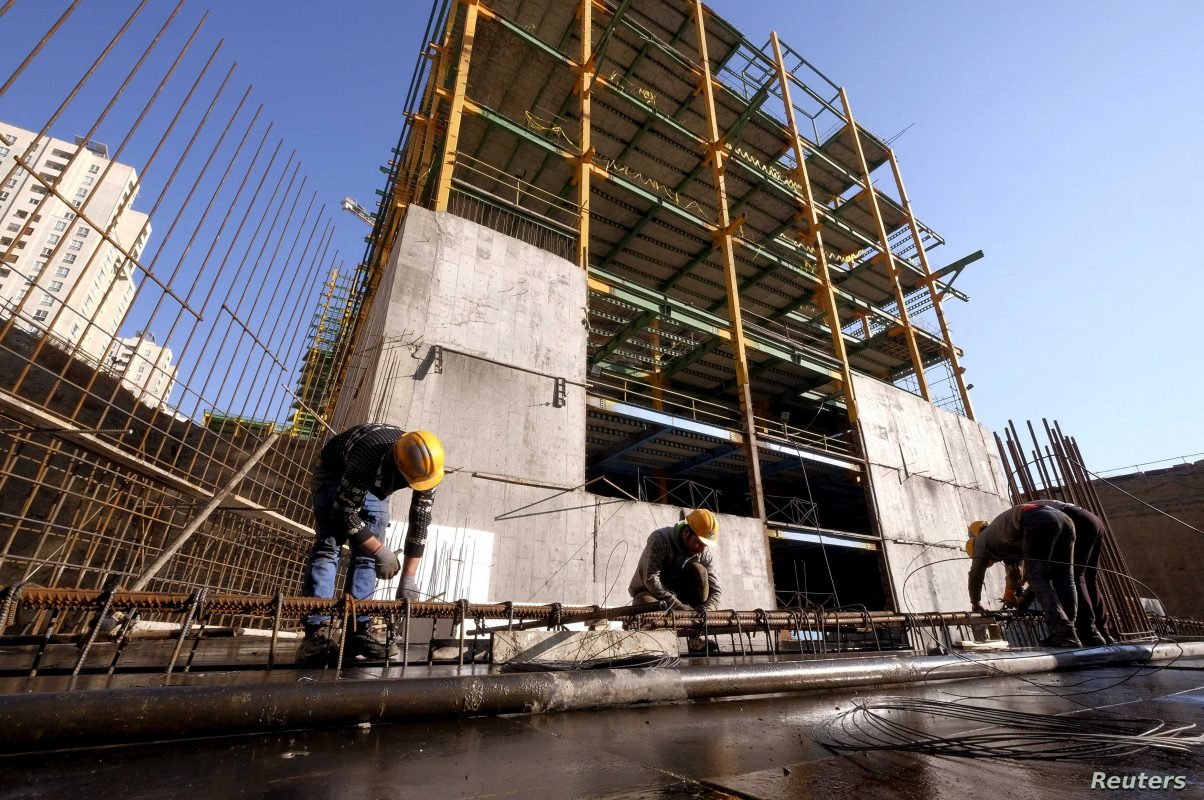

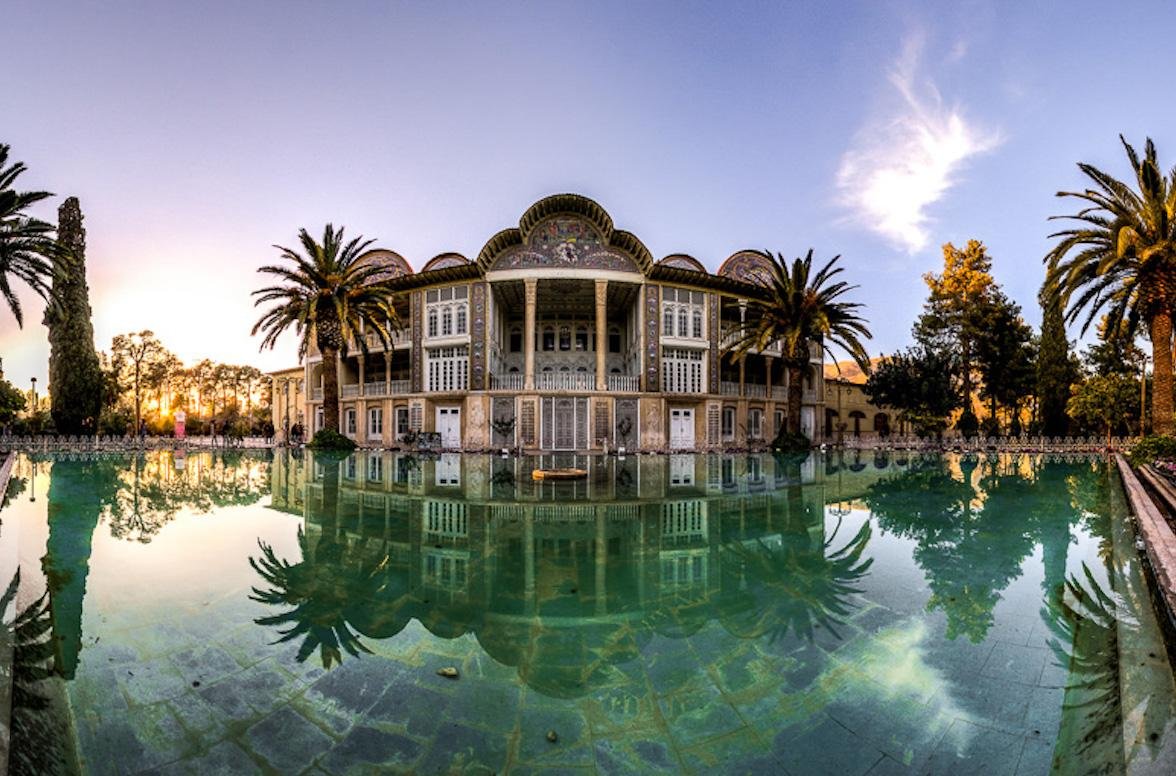
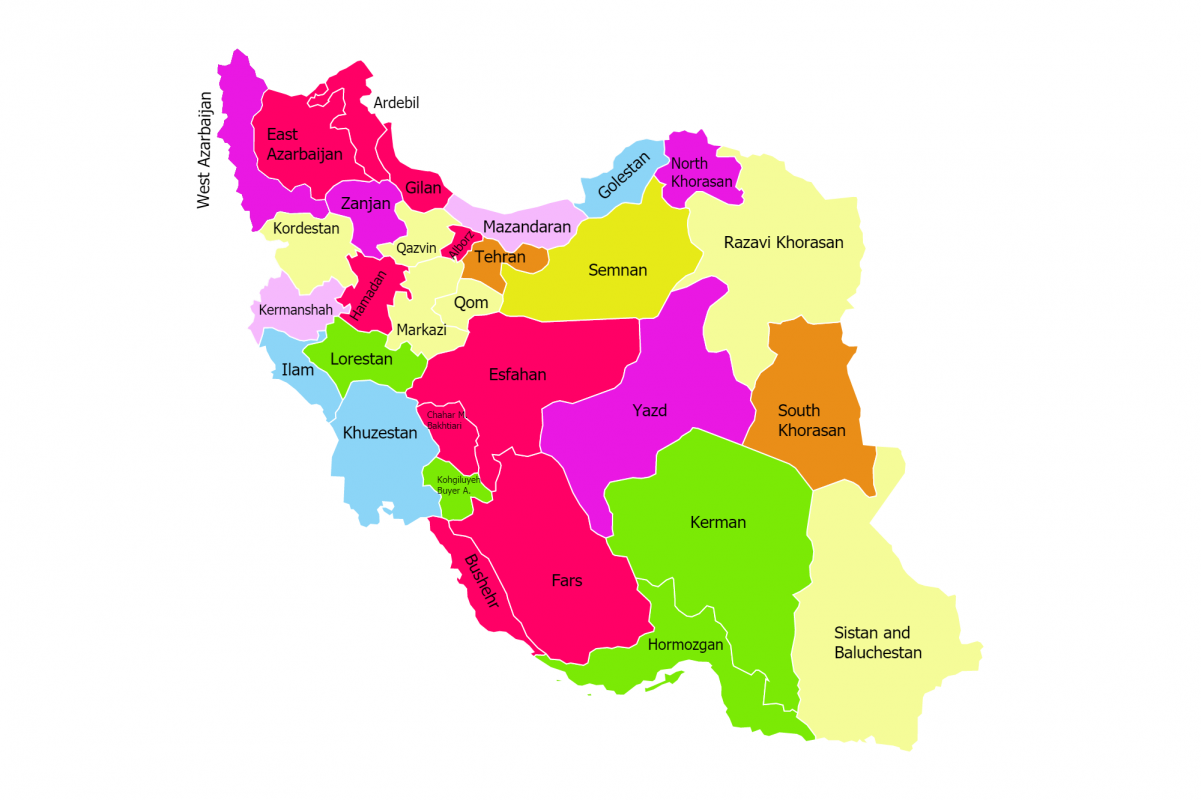
FLAG
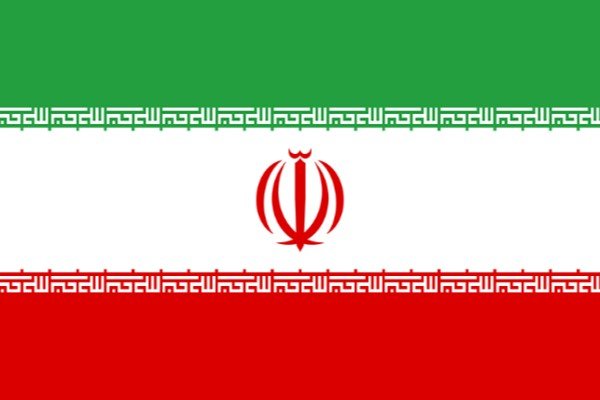
IRAN
CAPITAL CITY
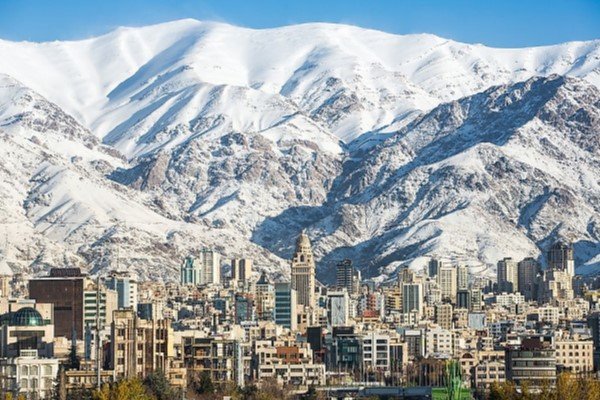
TEHRAN
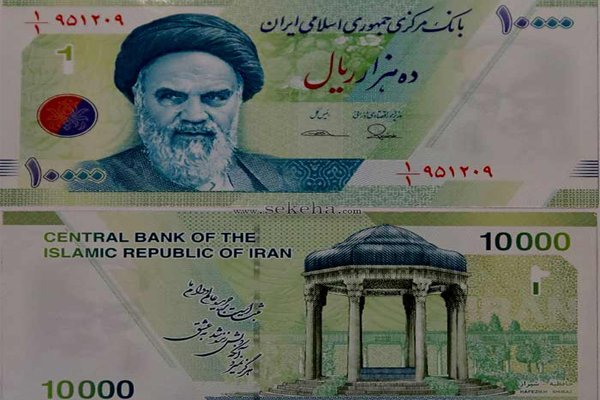
IRANIAN RIAL
Language
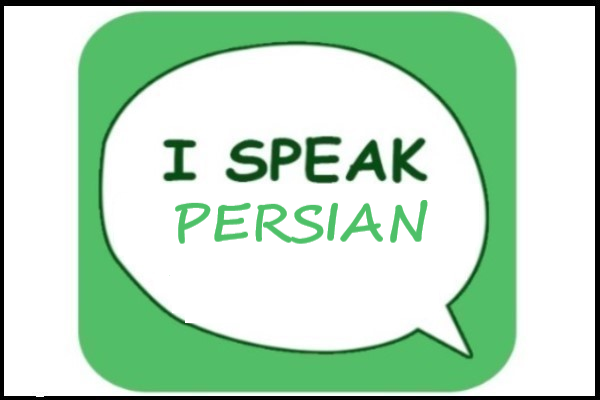
Population

8.51 CRORES
Country
Calling Code
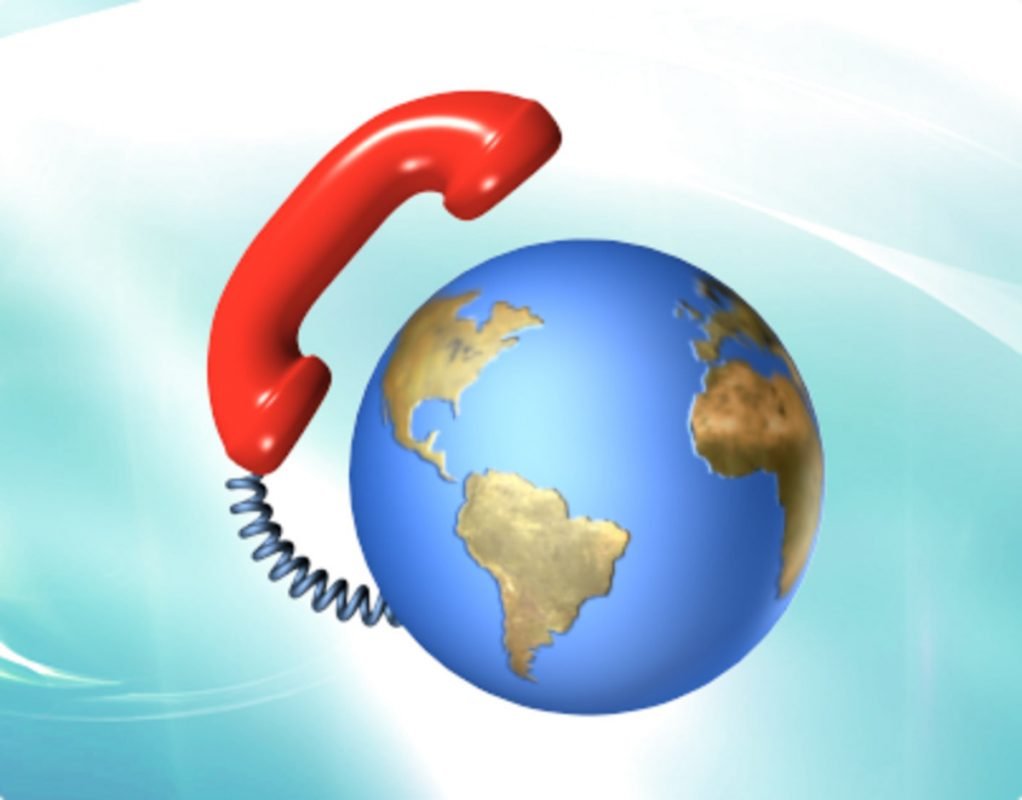
+98
LOCATION:
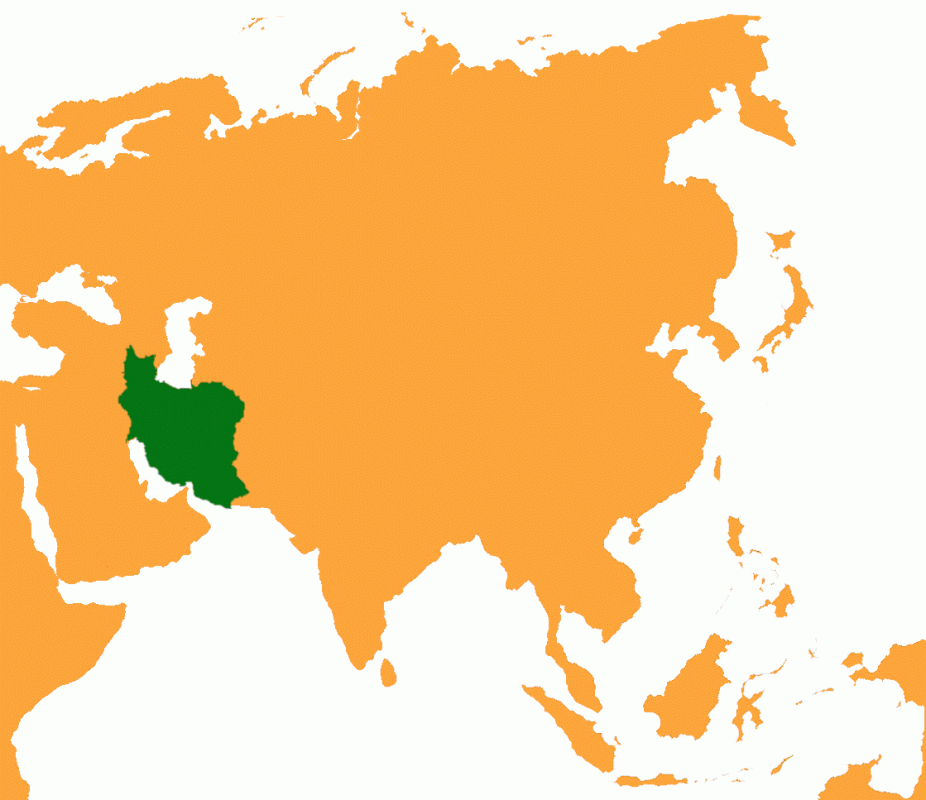
THE MIDDLE EAST
BORDER COUNTRIES:
ARMENIA
AZERBAIJAN
TURKMENISTAN
AFGHANISTAN
PAKISTAN
TURKEY
TRAQ
ABOUT IRAN
Amongst all the countries in Western Asia, Iran, officially the Islamic Republic of Iran, is a major country located in the Middle East. It borders the Caspian Sea to the north and the Persian Gulf and Gulf of Oman to the south. Iran is renowned for its rich history as the successor to ancient Persian Empires, its profound cultural and artistic heritage, and its significant role as a regional power. The capital of Iran is Tehran, which is its largest and most populated city, serving as the country’s primary economic, cultural, and political hub. According to the World Bank, Iran is often classified as an Upper-Middle Income Economy; however, its economic performance is significantly impacted by international sanctions and fluctuating oil prices. The currency of Iran is the Iranian Rial (IRR), although for daily transactions, the Toman (equivalent to 10 Rials) is widely used. The exchange rate is highly volatile and typically has a significant difference between the official rate and the free market rate. As of today’s market rates (June 2025), 1 Indian Rupee is approximately 550 Iranian Rials (note: this is a highly fluctuating free-market rate, and the official rate can be different). The population of Iran is estimated at approximately 89 million in 2024. Iran shares land borders with Iraq, Turkey, Armenia, Azerbaijan, Turkmenistan, Afghanistan, and Pakistan. It also has extensive maritime borders on the Caspian Sea to the north and the Persian Gulf and Gulf of Oman to the south. The official language of the country is Persian (Farsi). While English proficiency is growing, especially among younger, educated, and business populations, it is not universally spoken. The vast majority of the population adheres to Islam (predominantly Twelver Shia), with recognized minorities of other faiths. Iran has several international airports, with Imam Khomeini International Airport (IKA) in Tehran being the primary international gateway. Other significant airports include Mehrabad (THR) for domestic flights in Tehran, and international airports in Mashhad, Shiraz, and Isfahan. Iran also boasts crucial commercial seaports on its southern coast, with Bandar Abbas being the largest, alongside Imam Khomeini Port, and the strategically important Chabahar Port, which is key for India’s regional trade connectivity.
The standard corporate income tax rate in Iran is generally 25%. Iran has a comprehensive foreign investment promotion and protection act. To attract foreign direct investment and boost economic diversification, particularly away from oil reliance, Iran offers various tax incentives. Significant incentives are available in the country’s Free Trade-Industrial Zones (FTIZs), such as Kish, Qeshm, and Chabahar. These incentives can include 20-year tax exemptions from the start of operations, customs duty exemptions for imported machinery and raw materials, and the possibility of 100% foreign ownership. The “Organization for Investment Economic and Technical Assistance of Iran” (OIETAI) is the main government body facilitating and regulating foreign investments. Opesh Group of companies will be helping you in completing the Due Diligence process which includes financial planning, registration process, business options, and if required, even helping you find a Rental property for your office.
Establishing a business in Iran can be complex due to the impact of international sanctions and the nuances of domestic regulations, though the government is committed to attracting foreign investment. The Organization for Investment Economic and Technical Assistance of Iran (OIETAI) serves as the primary authority for foreign investors, providing guidance and facilitating approvals. A foreign investor planning to start a business in Iran can typically form a Private Joint Stock Company or a Limited Liability Company. While 100% foreign ownership is generally permitted, especially within Free Trade-Industrial Zones (FTIZs) and for investments that bring new technology or promote exports, certain strategic sectors outside FTIZs may require local partnerships or specific approvals. Understanding the legal and economic landscape, including the impact of sanctions, is crucial for successful business operations.
In case an investor is planning to establish an LLC or a corporate business setup in Iran, Opesh Group will be helping you in taking the right decision for setting up your business in Iran and we will also guide you about how to follow the procedure while formulating your company in Iran.
Types of Business which can be started in Iran:
- Oil & Gas (Downstream & Petrochemicals): Despite sanctions, the vast reserves mean opportunities in refining, petrochemical production (plastics, fertilizers), and related services, particularly in areas less exposed to primary sanctions.
- Mining: Iran has abundant and diverse mineral resources. Opportunities exist in the exploration, extraction, and processing of iron ore, copper, zinc, lead, and various industrial minerals.
- Agriculture & Food Processing: With diverse climates and agricultural products (pistachios, saffron, dates, fruits), there is potential in modern farming techniques, food processing, packaging, and export-oriented agribusiness.
- Transport & Logistics: Leveraging its strategic geographic position and extensive borders, there are opportunities in developing transit corridors (like INSTC), port development (especially Chabahar), rail, road, and warehousing services.
- Information & Communication Technologies (ICT): A growing domestic market and a skilled young population offer potential in software development, e-commerce, digital services, and telecommunications infrastructure.
- Tourism & Hospitality: Despite challenges, Iran’s rich cultural heritage and diverse landscapes offer long-term potential in hotel development, cultural tours, and eco-tourism, if global conditions improve.
- Manufacturing (Non-Oil): Growth in automotive components, steel, cement, pharmaceuticals, and consumer goods, often driven by domestic demand and import substitution due to sanctions.
Advantages of Starting Business in Iran:
- Vast Untapped Market: Large domestic population with significant purchasing power and unmet demand.
- Abundant Natural Resources: Tremendous reserves of oil, gas, and diverse minerals.
- Strategic Geopolitical Location: A critical transit hub connecting Asia, Europe, and the Middle East.
- Educated Workforce: High literacy rates and a large pool of skilled and semi-skilled labor.
- Government Support for Diversification: Active policies and incentives aimed at developing non-oil sectors.
- Access to Free Zones: Attractive incentives in Free Trade-Industrial Zones (FTIZs) for foreign investors.
- Resilient Economy: Demonstrated ability to adapt and develop domestic capabilities despite external pressures.
Business Opportunities for Indians in Iran: There are significant business opportunities in Iran for new investors, particularly for Indian companies, due to historical ties and India’s strategic interest in the region. Despite the complexities arising from international sanctions, collaboration is strong in specific sectors. Indian investors can particularly explore avenues in:
- Chabahar Port Development: Continued involvement in the expansion and operation of Chabahar Port as a gateway to Afghanistan and Central Asia, bypassing Pakistan.
- Pharmaceuticals: Export and potential local manufacturing of generic drugs and essential medicines.
- Agricultural Trade & Processing: Bilateral trade in agricultural commodities (e.g., Indian basmati rice, tea to Iran; Iranian pistachios, dates to India), and investment in food processing.
- Mining: Opportunities in the exploration and extraction of various minerals, particularly non-hydrocarbon resources.
- Infrastructure & Connectivity: Participation in road, rail, and logistics projects linked to the International North-South Transport Corridor (INSTC).
- Petrochemicals: Opportunities in downstream industries, though often indirect or in areas less sensitive to sanctions.
Imports & Exports: Many goods are imported and exported from Iran. The import and export business is ever-growing; however, proper research and due diligence are essential before investing in any product, ensuring suitability for the target market and potential revenue generation, especially given the complexities of the Iranian market under sanctions.
Major items which are exported from Iran:
- Crude oil and petroleum products (main export, heavily impacted by sanctions)
- Natural gas
- Petrochemicals (e.g., polymers, methanol, urea)
- Agricultural products (pistachios, saffron, dates, fruits)
- Carpets and handicrafts
- Minerals (iron ore, copper, cement)
Major items which are imported in Iran:
- Industrial machinery and equipment
- Intermediate goods for manufacturing
- Foodstuffs (e.g., rice, corn, soybeans)
- Pharmaceuticals and medical equipment
- Vehicles and spare parts
- Electrical equipment
Major items traded between Iran and India (as of 2023-2025 data, subject to sanctions):
- Exports from Iran to India: Crude oil (historically significant, volumes fluctuate due to sanctions), petroleum products, petrochemicals, fertilizers, asphalt, dates, pistachios.
- Imports in Iran from India: Basmati rice, tea, pharmaceuticals, machinery, iron and steel products, textiles, electrical equipment, and various agricultural products.
Manufacturing: Manufacturing in Iran is diversified, with a strong focus on self-sufficiency driven by sanctions. Key sectors include petrochemicals, automotive production (primarily for the domestic market), steel, cement, food processing (e.g., sugar refining, vegetable oil production), textiles, and various consumer goods. The government actively promotes domestic manufacturing to reduce reliance on imports.
Mining: The mining industry in Iran is immensely rich and diverse. It holds the world’s second-largest proven natural gas reserves and the fourth-largest proven crude oil reserves. Beyond hydrocarbons, Iran possesses significant reserves of iron ore, copper (with major complexes like Sarcheshmeh), zinc, lead, chromite, and coal, among other industrial minerals and precious metals. The country is a major global producer of several minerals.
- GDP = ~$400-500 billion (nominal, 2024 est. – highly volatile due to sanctions)
- GDP Growth = ~2.5% (2024 est., volatile, primarily non-oil sector growth by IMF forecasts)
- Ease of doing business rank = The World Bank’s ‘Doing Business’ report has been discontinued. Iran faces significant challenges for foreign investors due to international sanctions, complex domestic regulations, and political uncertainties, often ranking low in global business environment assessments.
- GDP per Capita = ~$4,500 – $5,500 (nominal, 2024 est. – highly volatile due to sanctions)
Thanks for reading this Article. Watch our Video and know more about Iran. For any Business Enquiry Join Millionaire Program and change everything in life and Business.. Call/ WhatsApp +91- 8094607111.
MOST RECENT VIDEOS
SIGN UP TODAY
Get our exclusive content and offers in your inbox











